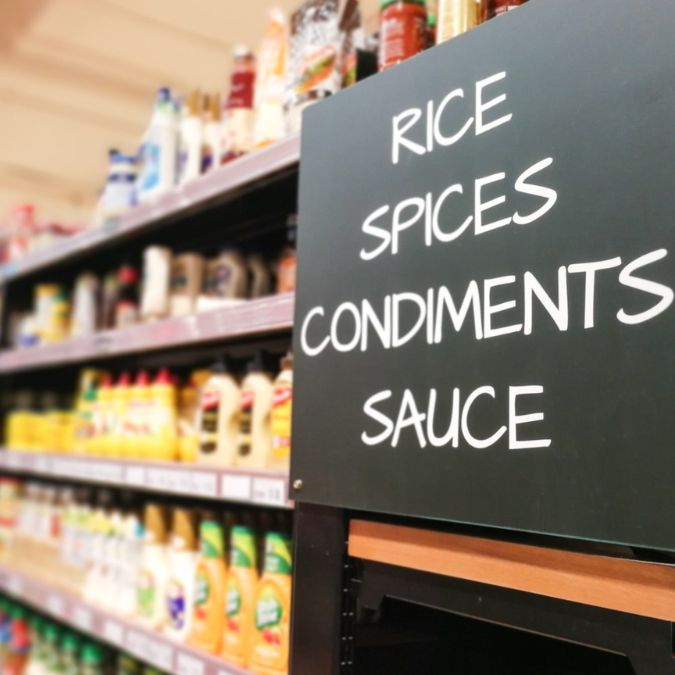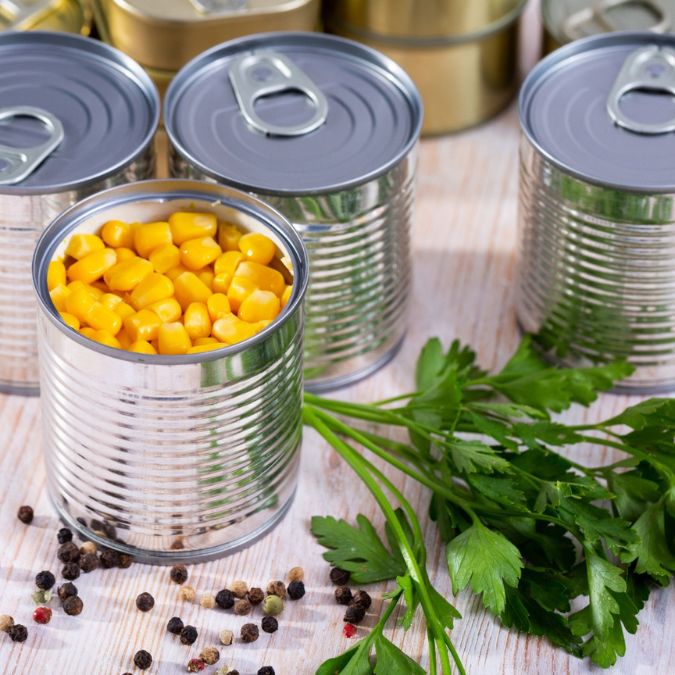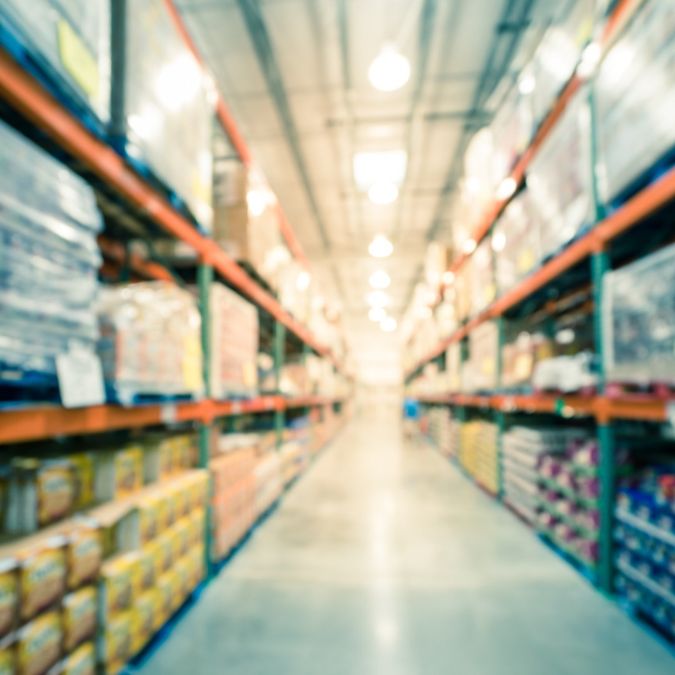
123rf
Warehouse stores often entice consumers with savings through bulk purchases. However, not everything in these vast retail landscapes is a bargain.
Savvy shoppers know that some items are consistently better to buy elsewhere, especially considering quality, quantity, and price factors. Here’s a guide to what you should think twice before tossing into your oversized shopping cart.
1. Name-Brand Clothing

123rf
While tempting, name-brand clothing at warehouse stores often isn’t the best deal. The selection can be limited, and sizes are not always consistent.
More importantly, these items often appear in warehouse stores because they didn’t sell well elsewhere, so the styles might be out of trend. Additionally, the price difference from regular retail stores, especially during sales, is usually minimal.
2. Books and DVDs

123rf
In the age of digital media, purchasing books and DVDs in bulk isn’t cost-effective. Streaming services offer books and movies at competitive subscriptions that are more convenient and often cheaper than physical copies.
Moreover, warehouse stores don’t typically offer the best prices on these items compared to online retailers or digital marketplaces.
3. Condiments and Spices

123rf
Buying condiments and spices in large quantities can lead to waste. Most households can’t use a giant container of mustard or a pound of paprika before expiration.
Not only does this negate any initial savings, but the loss of flavor over time also compromises the quality of your meals.
4. Sunscreen

123rf
Sunscreen has a limited shelf life, typically around three years, which can be even shorter if stored in high temperatures. Buying in bulk may mean you end up with expired sunscreen, which is less effective at protecting your skin.
It’s wiser to purchase smaller quantities you can use within the expiration period.
5. Electronics

123rf
Warehouse stores are not always the best places for purchasing electronics. Their deals on TVs, laptops, and other gadgets might seem good, but they often feature older models.
Additionally, electronic stores or online retailers often provide better warranties and return policies, which are crucial for significant purchases.
6. Pre-packaged Produce

123rf
Pre-packaged produce might look convenient, but it’s often more expensive per unit than local grocery stores. You also lose the ability to handpick the freshest items and are stuck with a large quantity that might spoil before you can use it all.
7. Diapers

123rf
While buying diapers in bulk seems logical, it can be problematic due to sizing issues as babies grow. You might end up with a box of diapers that no longer fit your baby.
It’s more practical to watch for sales at various retailers where you can buy the right size as needed.
8. Baking Ingredients

123rf
Large bags of flour, sugar, or baking mixes might go to waste unless you frequently bake. These ingredients also have a shelf life and can develop bugs or go stale if stored too long. Smaller packages ensure freshness and reduce waste.
9. Canned Goods

123rf
The savings on canned goods at warehouse stores can be minimal. Local supermarkets often have sales that beat warehouse prices, and you can buy quantities that match your actual needs without the risk of storing bulky items for long periods.
10. Paper Goods

123rf
While buying paper goods in bulk is common, prices at warehouse stores are not always competitive. Frequent sales at local grocery stores or through online subscriptions can offer better savings, plus you avoid storing massive quantities at home.
11. Over-the-Counter Medications

123rf
Bulk packages of medications can lead to having excess that you may never use. With expiration dates usually within a year or two, you could be wasting money on medication that goes unused. Smaller packs ensure you use all contents within their effective period.
12. Jewelry and Luxury Goods

123rf
Warehouse stores often market jewelry as high-value items, but they are typically not the best places to make such personalized and significant investments.
Specialty stores offer not just broader selections but also expert advice and better customer service, which are essential when buying luxury goods.
13. Specialty Cheeses

123rf
Warehouse stores may offer specialty cheeses in bulk, but the quality may vary, and the large quantities can lead to spoilage. Local delis or specialty stores provide a wider variety of fresh cheeses and, often, at competitive prices.
14. Pet Food

123rf
Buying pet food in massive bags might save a few dollars, but it can compromise freshness and taste for your pet, particularly if it takes a long time to consume. Smaller bags ensure the food remains appetizing and nutritious for your furry friends.
Beware of These Rip-Offs

123rf
Understanding what not to buy at warehouse stores can save you money, reduce waste, and ensure you get the best products available.
Always weigh the pros and cons of bulk buying against your actual consumption, preferences, and storage capabilities to maximize your shopping trips.
Read More
13 Incredible Shopping Tips That Will Save You Money
Money-Saving Tricks for Online Shopping

Leave a Reply